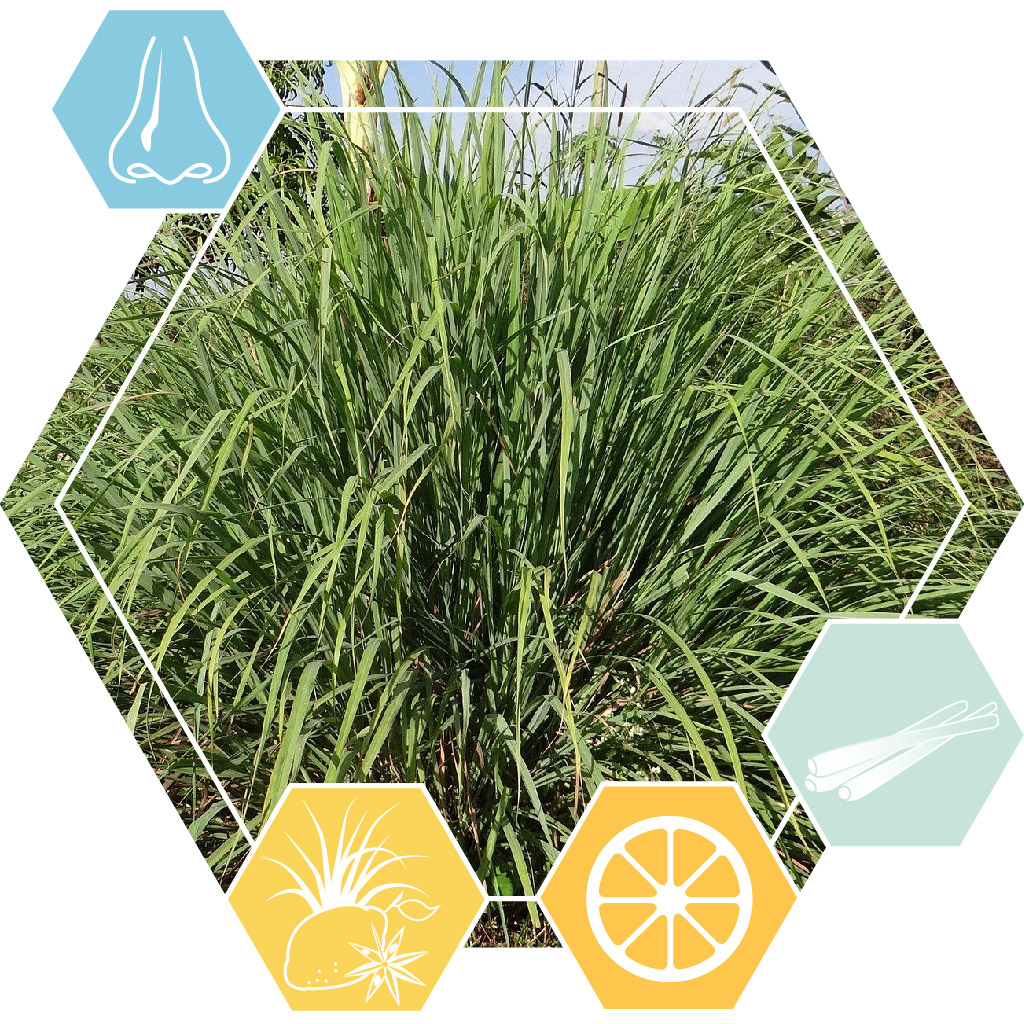Fragrance raw material
Description
This text has been automatically translated and may contain errors.
EO Citronella Java (org) is steam distilled from Java citronella grass or Cymbopogon winterianus Jowitt ex Bor. The name indicates the type of citronella, the oil does not have to come from Java Citronella Java is generally regarded as the best quality citronella, the cheaper citronella Ceylon (made from another plant) is mainly used for cheap products such as candles and household cleaners used.
The citronella grass used to make the oil is organically grown.
The 250 g packaging is not supplied to private individuals, because the mandatory child-resistant closure is not on this packaging.
The English name is citronella Java, the French name is citronelle de Java, the German name is citronella Java. There is also a jar Latin name for citronella oil, namely Melisse indicum, but although the scent is certainly reminiscent of lemon balm, there is no botanical relationship whatsoever.
Indication of the composition:
> 25% - Citronellal
10-25% - Citronellol, Geraniol
5-10 % - Geranyl Acetate
3-5% - Citronellyl Acetate, Limonene
1-2 % - beta Cubebeen, Elemol, Eugenol
EO Citronella Java (org) is primarily a heart note in perfumes. It gives off a fresh, sweet slightly rose scent in the top, which transitions to a more citrusy scent in the heart, although the rosy aspect persists right down to the base. Citronella, like lemon, is often associated with cleaning agents, which is why it is rarely present in a perfume in large quantities. Citronella oil belongs to the cheapest group of essential oils, including orange oil.
Citronella fits well in a green or rosy citrus top note, for example in a green perfume. Mixed with cedar oil, it is a classic mosquito repellent. It can be used well in soap, where the pink of the scent is especially evident.
Nothing has been added to the oil, it is 100% pure essential oil.
EO Citronella Java (org) is irritating to the eyes, skin and respiratory tract. Contact with the eyes can cause irreversible eye damage. Unlike lemon oil, citronella oil is not easily flammable, but it does burn! Swallowing can cause lung damage. Citronella oil contains citronellal, citronellol, geraniol, limonene and eugenol, substances to which some people are allergic.
CAS No TSCA: 8000-29-1
CAS No EU: 91771-61-8
EC no: 294-954-7
FEMA No: 2308
INCI: CYMBOPOGON WINTERIANUS HERB OIL




